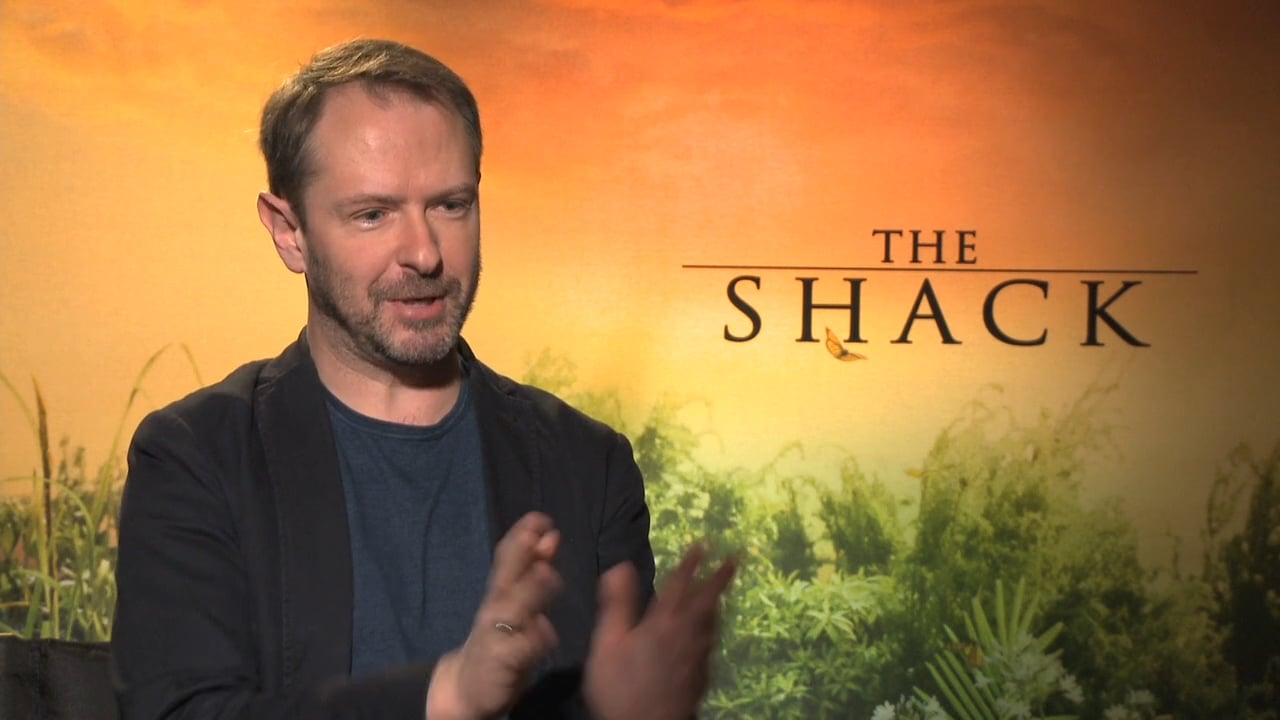Written By: Nathan Ecarma
Managing Editor
A controversial, best-selling novel by William P. Young hit the big screen sparking controversy within evangelical circles. Initially a book written for only his children and close friends, it became a best-seller, selling over 20 million, but now has reached a wider audience with $16.1 million in ticket sales during its first weekend. It outsold nearly every other Christian film in history. Known from Avatar and Clash of the Titans, Sam Worthington plays the main character, Mack Phillips.

The Shack directed by Stuart Hazeldine (of Exam, 2009 and Agincourt, 2007) follows Mack Phillips’ journey of faith going from his abusive childhood to his trusting moment. Before trusting, Phillips’ experiences trauma in the murder of his daughter. Disturbed, Phillips’ emotionally separates from his family and battles his deep depression alone. He receives an invitation to The Shack. During his time at The Shack, he dialogues with each person of the Trinity working through his various doubts and questions. He accepts these truths, and takes them back to his family reconciling with them.
Without regarding the theological aspects of it, the film itself was a mediocre Christian production. As everyone is not C.S. Lewis, Christian art generally receives a bad reputation, and this film is the reason. Instead of creating beautiful art with implicit Christian truths, like The Silence, Young created an artistic rendering of a modern Christian message.
Chalked full of Christianize, The Shack spends much of its script preaching to the audience, specifically, a Christian audience since a non-Christian would be confused by much of its dialogue. Between a predictable plot, acceptable acting, and minimal character development (besides Mack), The Shack falls short as art.

The Shack, as a whole, does ask good questions: questions that Christians must consider. But Young’s answers to these questions rescue Christianity from the Bible. For example, when considering the difficult question of God’s wrath, Papa answers “You lost me there.” As in, God knows nothing about wrath, but instead is “especially fond of everyone.”
Again, The Shack asks good questions, but the movie is dangerous.
Christian’s must be discerning when consuming popular culture because it has the ability to sneak morals past the viewer’s defenses; thus, trojan-horsing their way in. In the same way, Christian’s must be on guard for trojan-horses. Christian’s assume themselves to be immune to the trojan-horses of The Shack. Without realizing it, a viewer will take in many of the implicit messages. Their beliefs concerning the ontological makeup of Trinity may not be affected, but their beliefs concerning the responsibility and result of sin may be compromised.
The scene with Wisdom demonstrates a dangerous message. Phillips meets Wisdom, an apparently separate entity of the Trinity, in a cave. She asks him to play judge, and he attempts to judge. He cannot judge anyone because he sees how their sins are traceable to a prior sin committed by someone else. His own abusive father, whom he murdered, had been abused himself, so his father is not to blame. Instead, no one can be judged, or condemned for their sin, as it’s not their fault, which is similar to the notion: society made me this way.
Additionally, even when he meets his father, Mack doesn’t apologize or repent for murdering him. It is important to note Young’s persuasive ability. It shows when he frames the protagonist in a pitiable state, a state that causes the audience to overlook his homicidal tendencies.
Finally, The Shack cannot be viewed as a theological treatise, as Young’s unorthodoxy is true to form, but The Shack continues an important conversation for Christians. Besides this, The Shack’s prefered use is a review of past Trinitarian heresies of the Church.
To continue this conversation see:
http://www.imdb.com/name/nm0371955/?ref_=tt_ov_dr
https://www.firstthings.com/web-exclusives/2017/03/god-as-therapy-in-the-shack
http://www.albertmohler.com/2017/03/06/shack-missing-art-evangelical-discernment/
http://www.latimes.com/entertainment/movies/la-et-mn-shack-review-20170302-story.html
Bio
Nathan Ecarma studies Bible, culture, and language. He serves on the Worldview Initiative and as a Managing Editor for the school newspaper, the Bryan Triangle. In between theological conversations, he enjoys binge watching Netflix and attempting to sing his favorite songs. 




